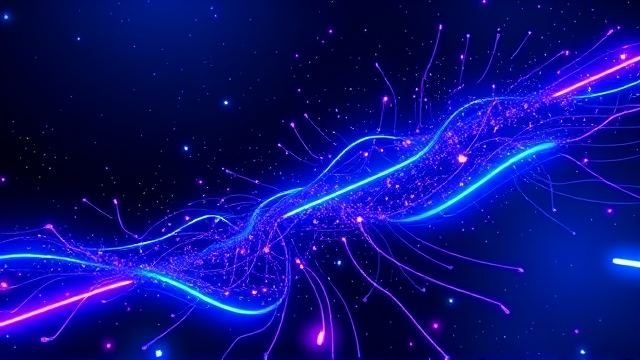OpenAI Backtracks on Sora App After Creator Blowback
In a striking reversal that echoes the broader, tumultuous narrative of artificial intelligence's rapid integration into the creative fabric of society, OpenAI has been compelled to retreat from a deeply contentious policy for its new Sora AI video generator mere days after its debut. The initial framework, which placed the onus squarely on creators to proactively opt-out if they wished to shield their life's work from being ingested and replicated by the model, ignited a firestorm of criticism from artists, filmmakers, and digital rights advocates who rightly saw it as a fundamental inversion of copyright ethics and a profound disrespect for intellectual labor.This opt-out default, a common but pernicious tactic in the tech playbook, effectively treated the entire corpus of human visual creativity as a free-for-all training set unless explicitly fenced off, a logistical and emotional impossibility for the vast majority of individual creators. The swift and vehement blowback forced OpenAI into a classic corporate pivot, a tacit admission that even in the breakneck race for AI supremacy, public perception and creator relations cannot be entirely bulldozed.This incident is not an isolated skirmish but a critical data point in the escalating war over the soul of generative AI, a conflict that pits Silicon Valley's 'move fast and break things' ethos against the established, though increasingly strained, principles of artistic ownership and consent. We've seen this pattern before, from the legal battles that reshaped the music industry with the advent of Napster to the ongoing, global litigation against AI companies for training large language models on copyrighted text without permission.The Sora controversy, however, cuts even deeper because it involves the direct, visual replication of style and substance, making the appropriation feel more visceral and immediate. It raises existential questions that go beyond mere policy: who truly owns the aesthetic building blocks of our culture? Can a company justifiably build a commercial product that risks devaluing the very human creators whose work serves as its foundation? The backtrack suggests that even OpenAI recognizes the precariousness of its position, understanding that a future built on the resentment of the creative class is unsustainable.Yet, the retreat is likely tactical, not philosophical. The underlying hunger for vast, high-quality datasets remains the lifeblood of these models, and the industry will continue to test the boundaries of fair use and regulatory frameworks. As we stand at this crossroads, the path forward demands a new social contract for the AI age—one that moves beyond the simplistic opt-in/opt-out dichotomy and towards a model of transparent attribution, equitable compensation, and genuine partnership between technologists and creators, lest we automate the very process of inspiration into oblivion.
Latest News
It’s quiet here...Start the conversation by leaving the first comment.
